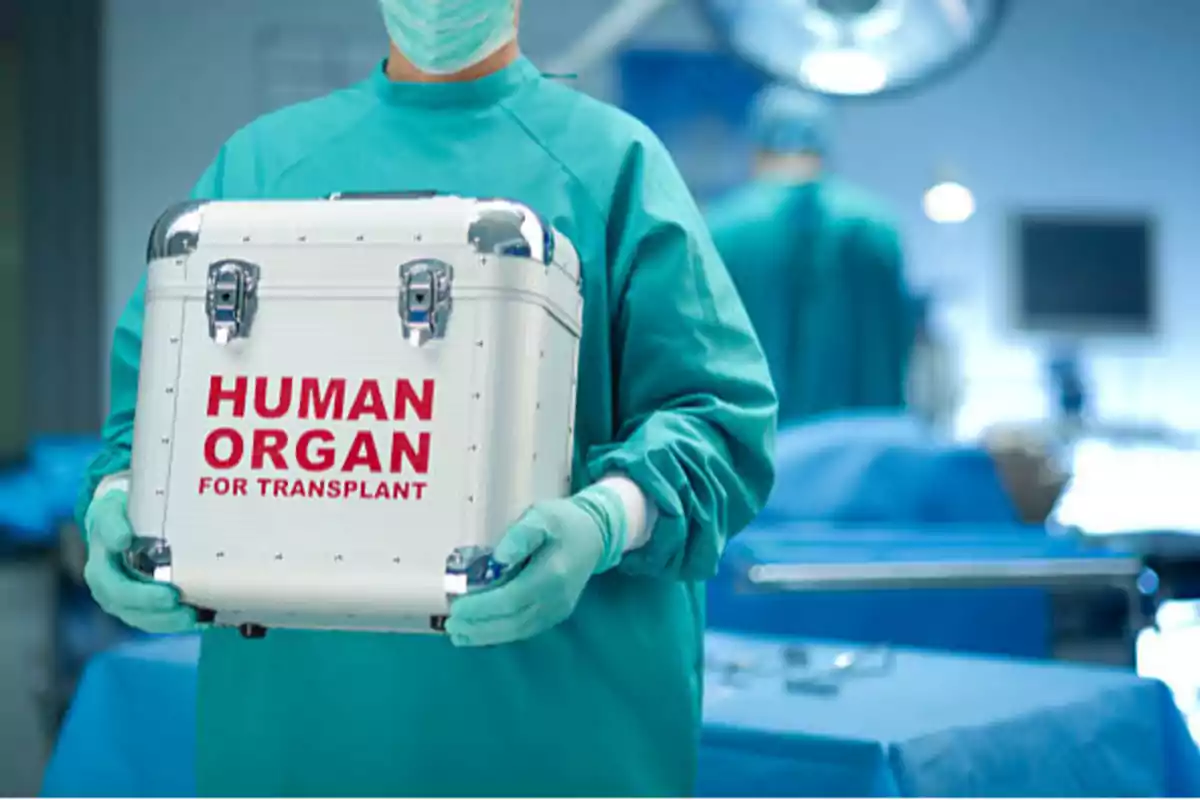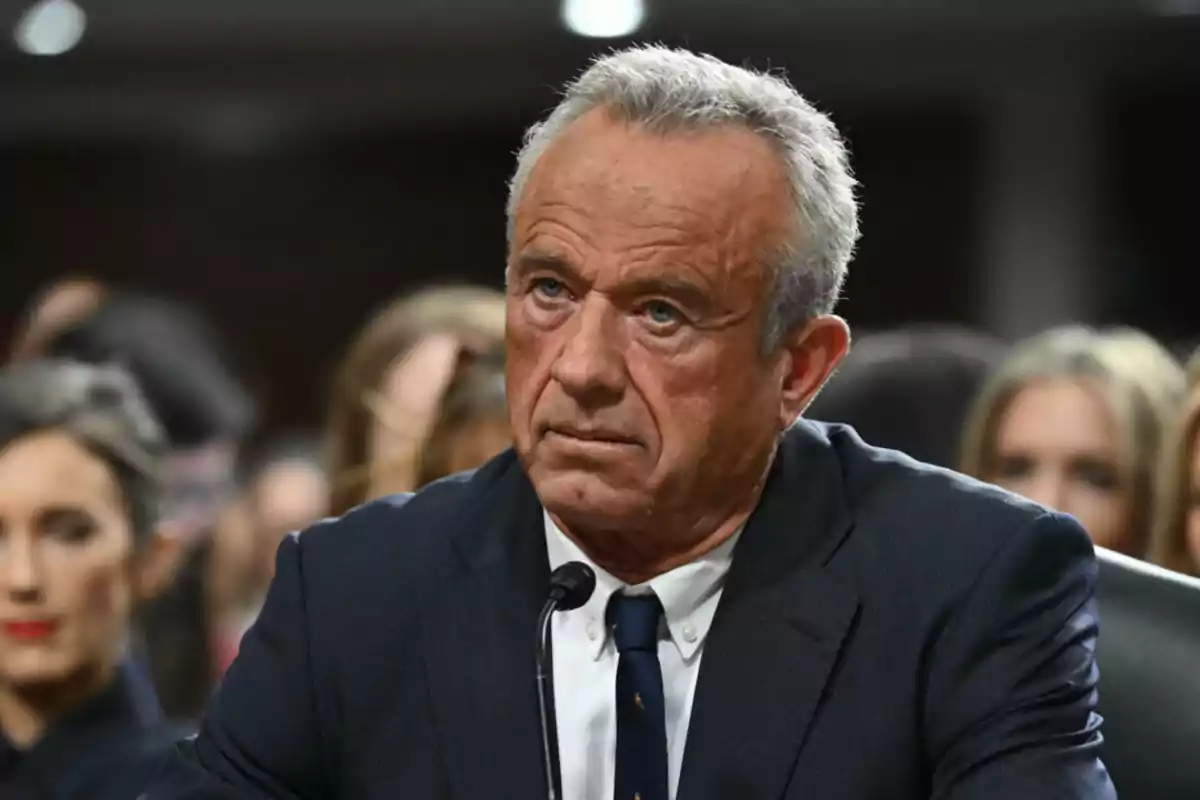
The Trump administration made a macabre discovery in organ transplants
Secretary of Health, Robert Kennedy, reported alarming irregularities in the system and announced a major reform to protect donors
A new report has revealed concerning irregularities in the organ transplant system in the United States, which has led the Secretary of Health and Human Services (HHS), Robert F. Kennedy Jr., to announce a sweeping reform initiative to protect donors and restore trust in the system.
The investigation, led by the Health Resources and Services Administration (HRSA), found multiple cases in which organ extraction was attempted while patients still showed signs of life or exhibited signs of recovery.
According to a report published on July 20, these failures are increasing in part due to the practice of "donation after circulatory death" (DCD), in which organs are removed after the heart stops beating, but without the patient having been declared brain dead.
In these cases, life support is withdrawn and organs are removed within a two-hour window. However, the report identified that in at least 70 cases in Kentucky, the extractions were canceled because patients showed signs of recovery, which should have stopped the procedure much earlier.

Additionally, 55 medical professionals in 19 states reported having witnessed at least one disturbing case related to this type of donation. Some even claimed that medications were administered to hasten the donors' deaths, which raises serious ethical and legal concerns.
HRSA's review included 351 cases in which organ donation had been authorized, but ultimately was not completed. Of these, 103 (more than 29%) presented "concerning characteristics." In particular, 73 patients showed neurological signs incompatible with brain death, and in at least 28 cases, the patients may not have been legally dead at the time of the procedure.
Kennedy described the findings as "horrible" and stated that the transplant system must be reformed immediately to ensure that every potential donor's life is treated with "the sanctity it deserves." He added that the organizations responsible for organ procurement will be held accountable and must implement corrective actions and structural changes to prevent future abuses.

The investigation also highlighted failures in neurological assessment, lack of medical coordination, questionable consent practices, and erroneous classifications of cause of death, especially in cases related to overdose.
These problems were ignored in a previous review by the Organ Procurement and Transplantation Network (OPTN), which did not detect major concerns, reinforcing criticism about the lack of adequate oversight.
In light of these facts, the Chief Executive Officer of the United Network for Organ Sharing (UNOS), Maureen McBride, described the situations outlined as "horrific" and stated that the U.S. donation and transplant system, considered a global benchmark, can't tolerate such failures.
McBride called for a more unified and accountable structure, as well as a more effective patient safety reporting system. She added that UNOS will present a proposal for reforms to Congress to improve transparency, medical ethics, and system safety.

More posts: